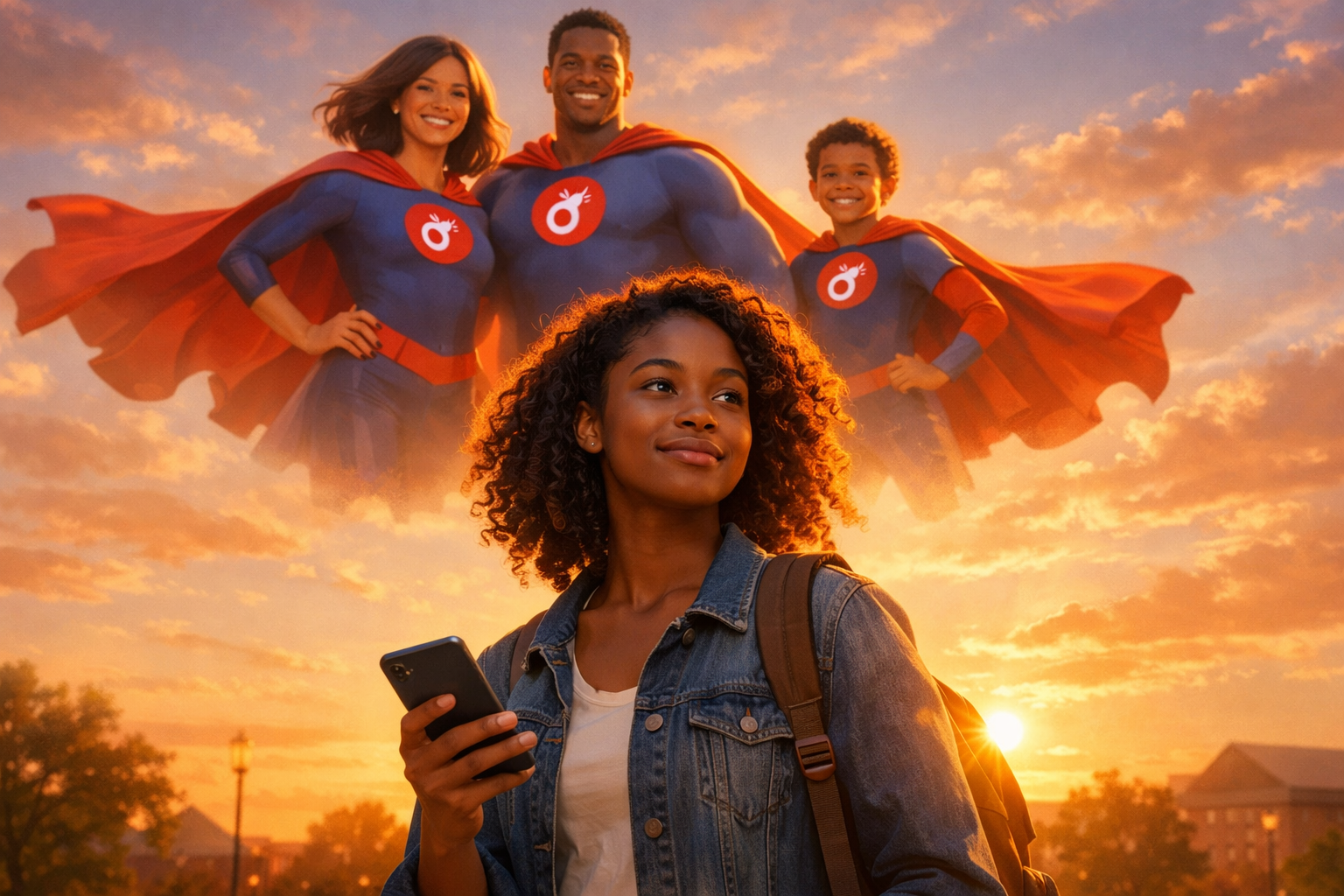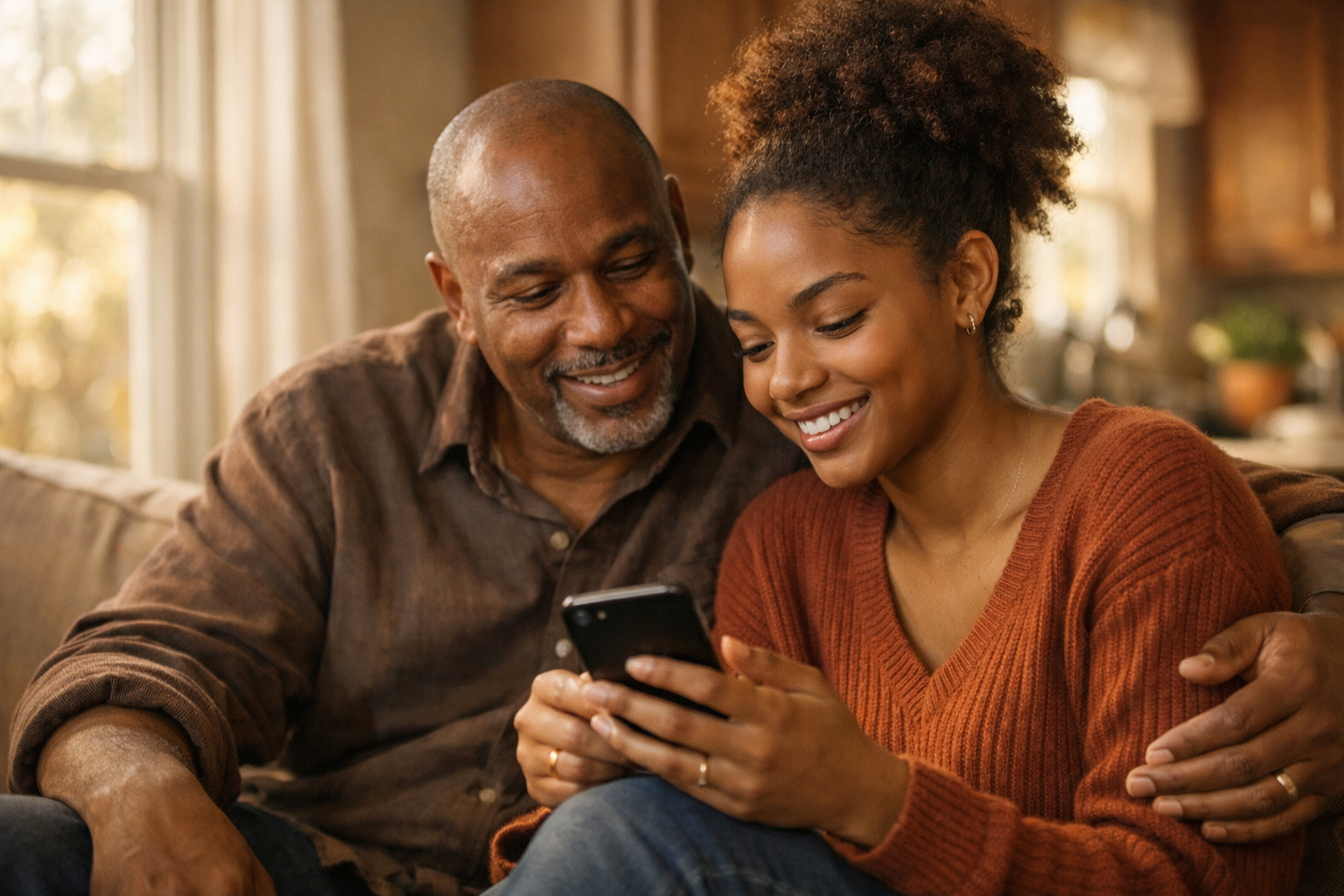What To Do When Choosing Your Emergency Contact Person
For most of us, setting up an emergency contact feels like a simple step. In reality, picking the right person is far more important than just entering a phone number or email account into a safety app.
In real emergencies, there have been many cases where victims reached out for help and their emergency contact panicked even more than they did, froze under pressure, or simply did not know what to do. Some did not answer the phone. Others were emotionally overwhelmed, causing delays or confusion at the worst possible moment.
Your emergency contact is not just someone close to you. This is the person who may have to respond when you are scared, stranded, injured, in danger, unable to speak, or when every second counts. They may need to keep a clear head, take action, call authorities, follow your location, or guide others to reach you. That is why choosing the right person should be intentional, not random.
Before you decide who fills that role in your phone or safety app, here are five important things to think about when choosing your emergency contact.
1. Always Ask Before You Proceed
It is essential to talk with someone before naming them as your emergency contact. Let them know what it means, when they may get alerts, and how they should respond. This conversation builds trust. It also ensures the person is not caught off guard or stressed when they receive an alert.
Not everyone is comfortable being on the front line of a serious situation. By asking for consent, you also give them a chance to say no or to suggest someone else who might be better for that role.
2. Emotional Stability and Intelligence
The ideal emergency contact should have emotional strength. During a crisis, they need to stay calm under pressure, think clearly, and make smart decisions. They should not panic or freeze when something happens.
They should also communicate with empathy. If they understand how to comfort, reassure, or instruct you in a dangerous moment, they can help more effectively. Emotional intelligence helps them provide the right kind of support, not just logistical help.
People Also Read: Best Personal Safety App in USA for Families & Students
3. Active and Responsive
Your emergency contact must be reachable and responsive. It is not helpful to name someone who rarely picks up the phone or checks messages. In an emergency, seconds can matter.
Ideally, choose someone who you know answers calls quickly or responds to messages reliably. They should also be willing to act; calling authorities, following your location, or alerting other contacts. A passive contact is less useful.
4. Availability and Reliability
Real-life emergencies do not happen on schedule. Your contact may need to be available at odd hours. Think about their lifestyle, work, and family responsibilities. Can they realistically be there for you when things go wrong?
If someone travels a lot or works in a demanding job, they might not be the best choice. Instead, pick someone who is relatively stable in their schedule, or even a backup contact in addition to your main one.
5. Practical Skills and Knowledge
Having a caring emergency contact is good, but practical skills matter too. Do they know basic first aid? Are they familiar with your city or state? Do they understand how to access your location via safety tools or apps?
It helps if your contact is familiar with the app you use for emergencies. For instance, in NauNauSOS, they should know how to receive your live location, how to respond to SOS alerts, and how to navigate routing if they need to come to your location or direct help there.
People Also Read: Shocking Ways to Share Location Between iPhone and Android (Even in Real Time)
Why It Matters
Choosing the right emergency contact is more than a technical setup. It is part of building a safety net. When that person is ready, willing, emotionally strong, and practically prepared, they become a lifeline.
Having a thoughtful emergency contact means that in a danger situation, help is not just a stranger on the other end. It is someone who knows you, cares for you, and can act fast. Someone you trust with your most vulnerable moments.


